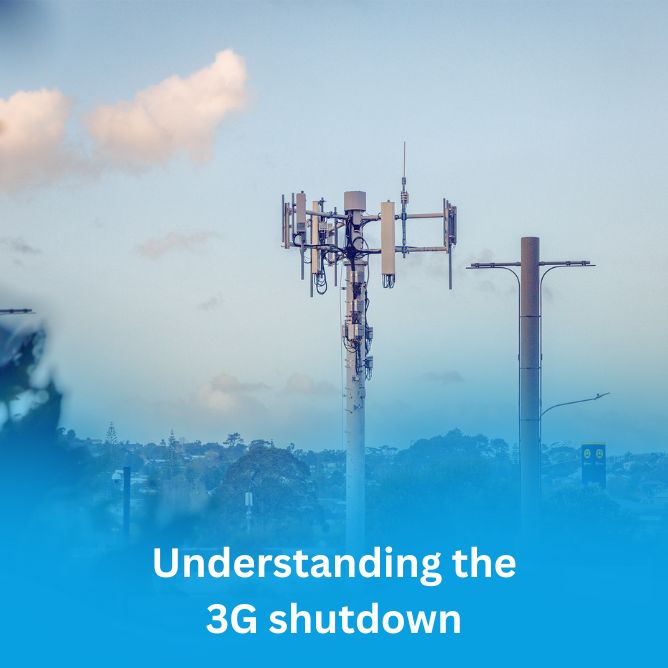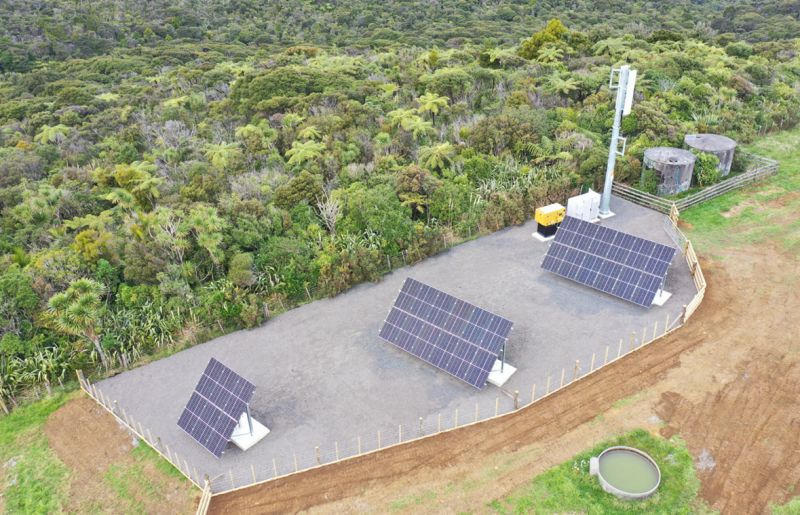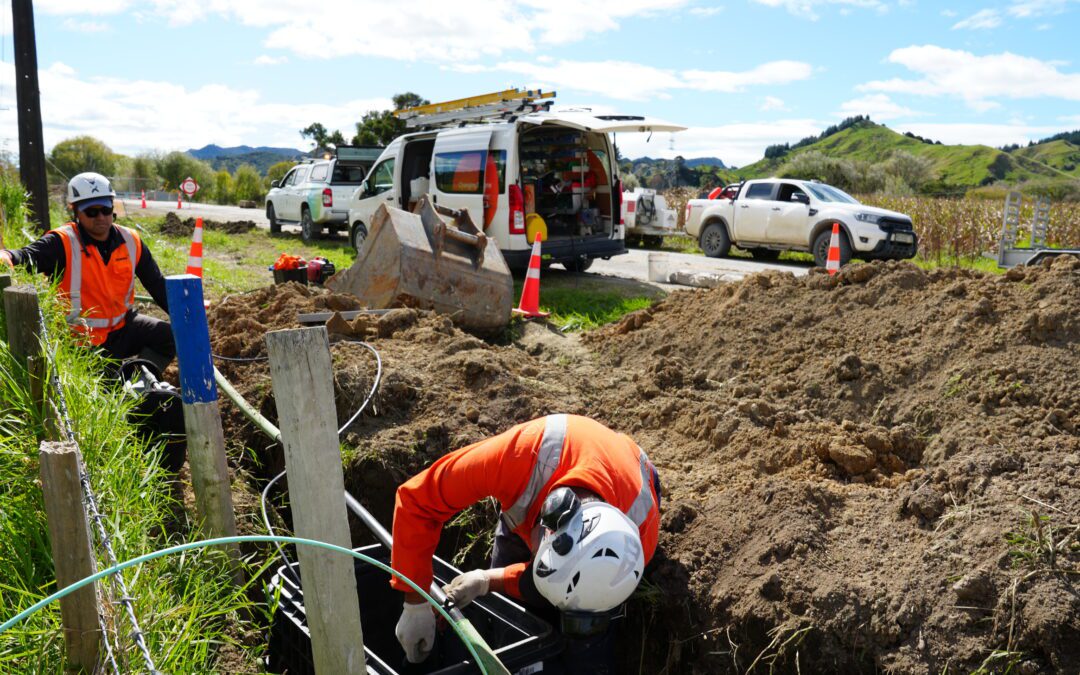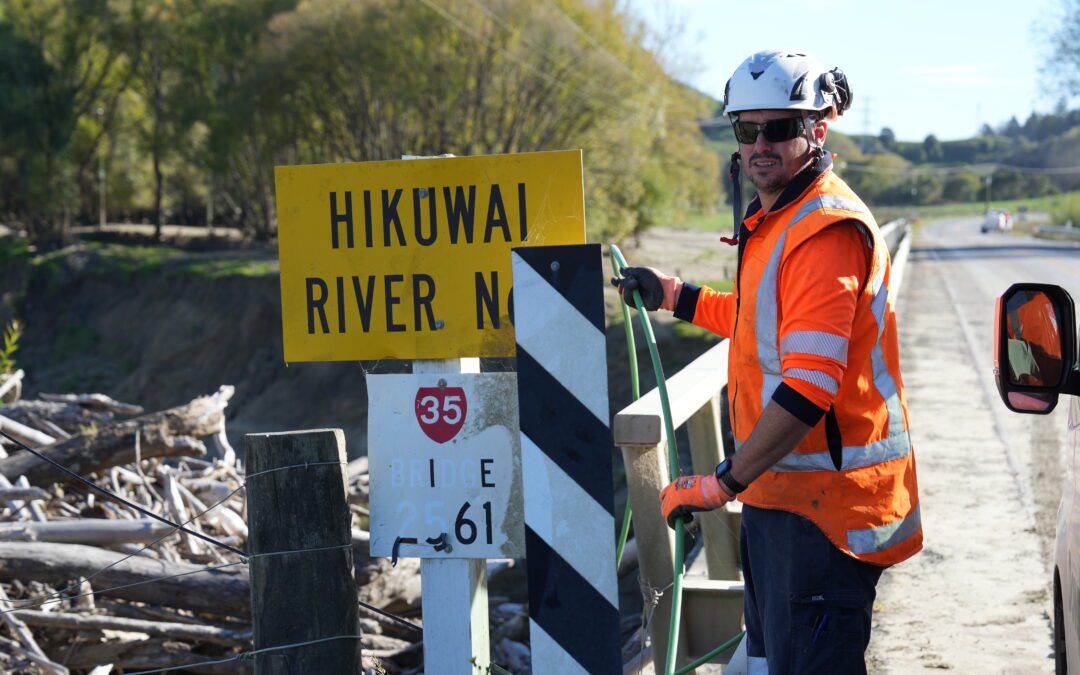I was contacted by a customer this week with an unusual question. Could her landlords refuse to allow her to connect to fibre? Her flat was in a copper withdrawal area but her landlords refused to allow her to have fibre put in. Go and find out about fixed wireless, she was told. So she did, but the towers that serve her area are fully subscribed so that’s not an option.
Her landlords, who live overseas, simply would not accept that she needs broadband put on at home or that her request is a reasonable one. No way would they allow it: they got very distressed about the whole idea.
The law is quite straightforward on this matter: Landlords have 21 days to respond to a written request for fibre, and where the install would be free the landlord must allow it unless it would:
- compromise a building’s structural integrity or materially compromise its weathertightness or character
- affect extensive planned alterations or repairs that the landlord can prove are starting within 90 days
- breach an obligation or restriction relevant to the premises (like a body corp rule).
Landlords can of course talk to the installer about how the process will be handled, where the fibre will be introduced, where the external and internal equipment will be placed and so on, but some landlords simply don’t respond to requests from their tenants even though it’s a legal requirement. Either they live overseas or they just aren’t terribly focused on providing their tenants with high-quality essential utilities that can be installed for free. But the default is that fibre installation should be allowed unless it would cost the landlord or damage the property. Law-makers were clear that a “mere visual impact” of an installation was not a good enough reason to refuse fibre.
Of course, the reality is renters don’t really have a lot of power over landlords and even if they do complete the paperwork and advise the landlords of the situation appropriately (the Tenancy Tribunal has a form to help with this), in a market with too few rental properties, some landlords aren’t above kicking a tenant out if they create too much of a fuss. Fibre companies can’t enforce these rules against landlords directly, so the law relies on tenants being willing to do so.
New Zealand has one of the highest levels of fibre rollout in the world. Between Chorus, Enable, Northpower and Tuatahi First Fibre, , more than 87% of properties are able to connect to fibre and the number of customers making use of this future-proofed network is growing daily. Fibre really is the network of choice for the next century and landlords who refuse to allow tenants to connect, especially as the copper network is gradually being withdrawn, are right up there with those who wouldn’t contemplate having electricity put in. Lots of landlords recognise that being fibre-ready enhances the value of their property but many remain resistant, which can really narrow the options for their tenants.
Imagine if you were renting a home and the landlord wouldn’t let you install electricity, or flushing toilets. You’d quite rightly have a case to take to the Tenancy Tribunal and you’d win. I’m not sure landlords should be able to hold up the installation of fibre outside of really narrow circumstances, and some definitely need to be better aware of their legal obligations around allowing fibre. Today, broadband and telecommunication services in general are considered an essential service. Don’t believe me? Just think about how you’d have coped during lockdown without broadband. People need to be able to communicate, for work, for education, for relaxation. It’s not too much to ask that the house you rent be connected to the network – especially if that connection is free.
Unfortunately in this case the landlords refused to discuss the matter and the customer is unable to connect. Fortunately, Chorus has reinstated the copper line to ensure she has some coverage while we try to find a solution, but what a ridiculous situation to find yourself in.
I doubt this is an isolated case. It might be time to ask our politicians to revisit the legislation and put modern telecommunications connections on par with electricity, clean water supply and all the other essential items in our homes.





















